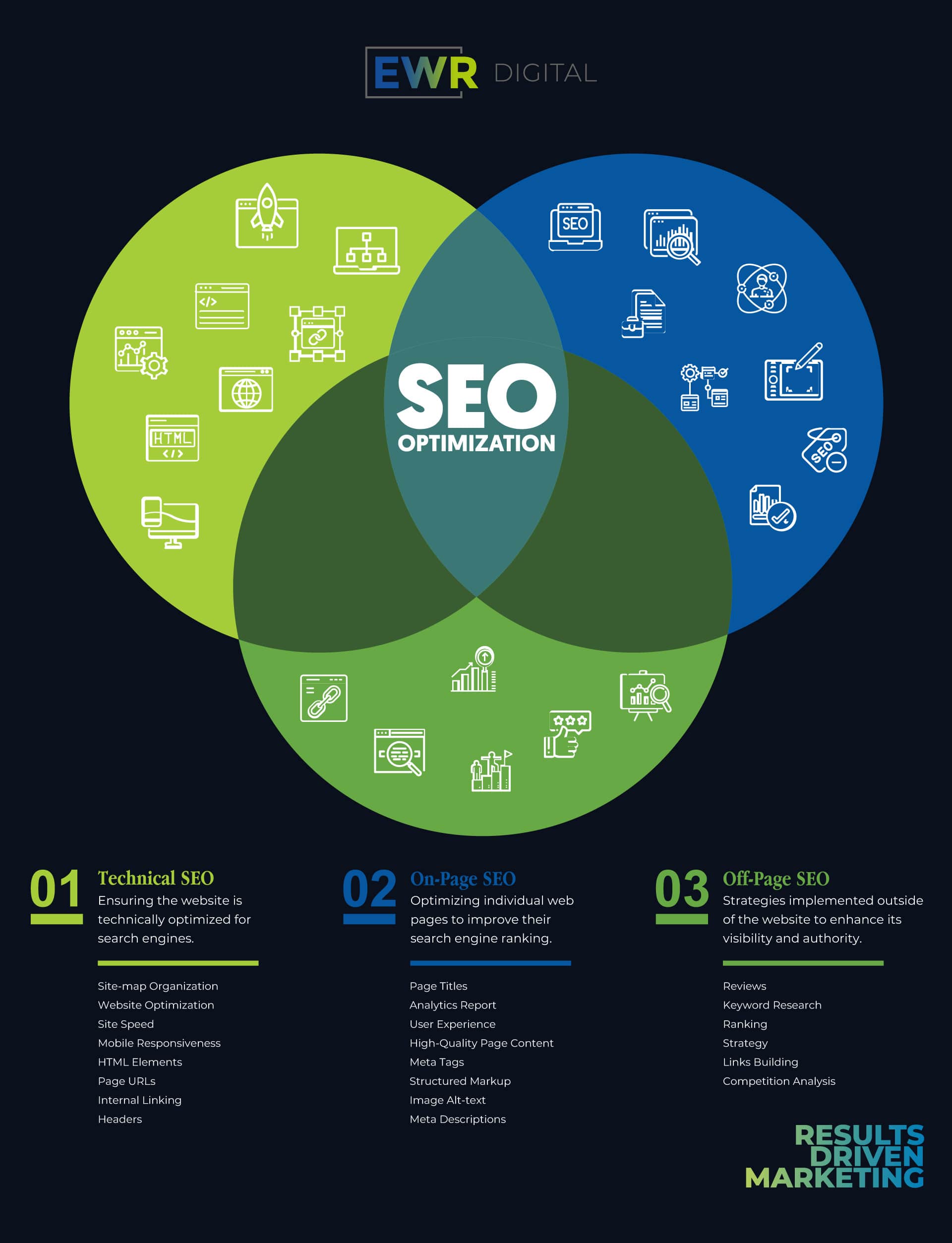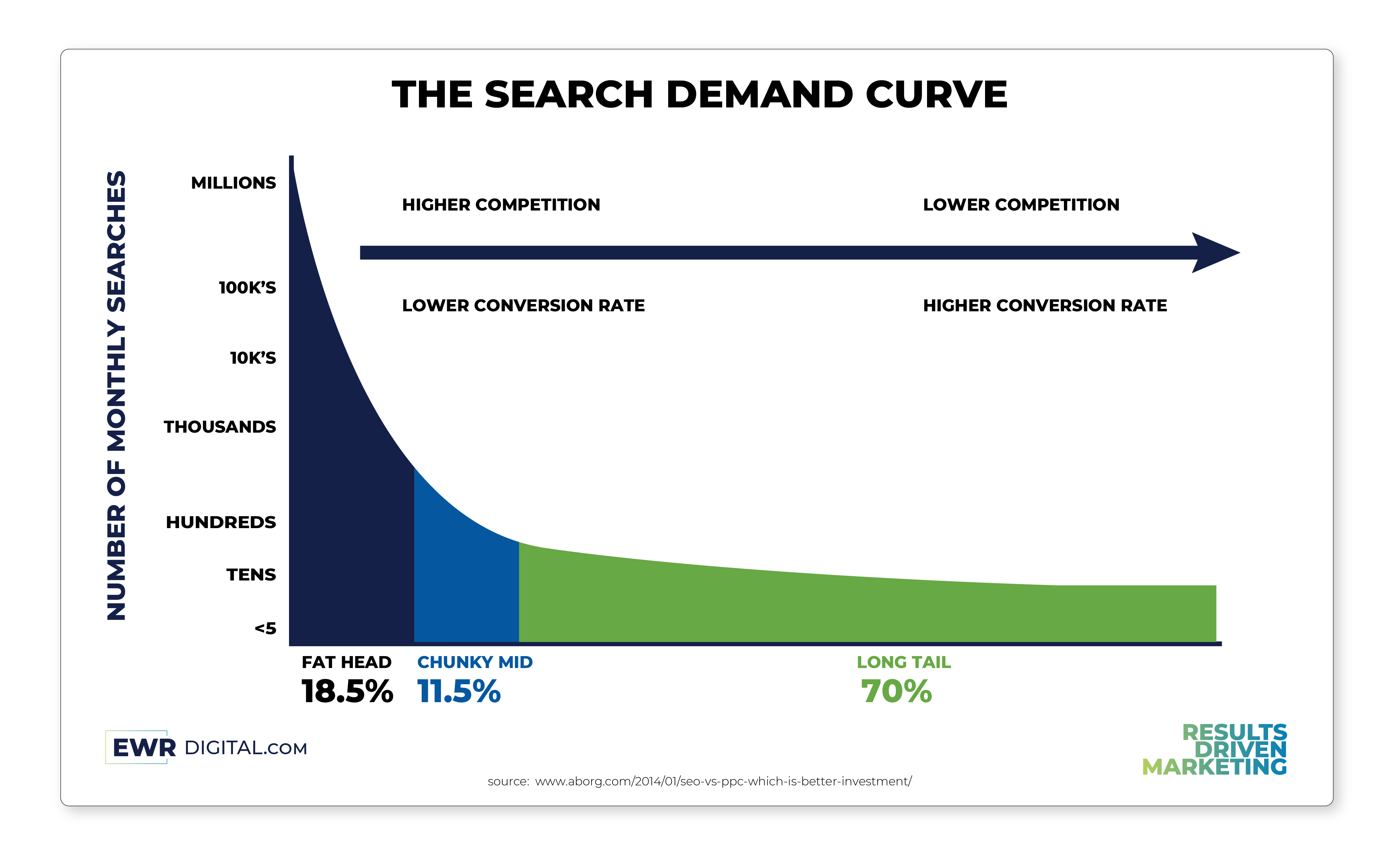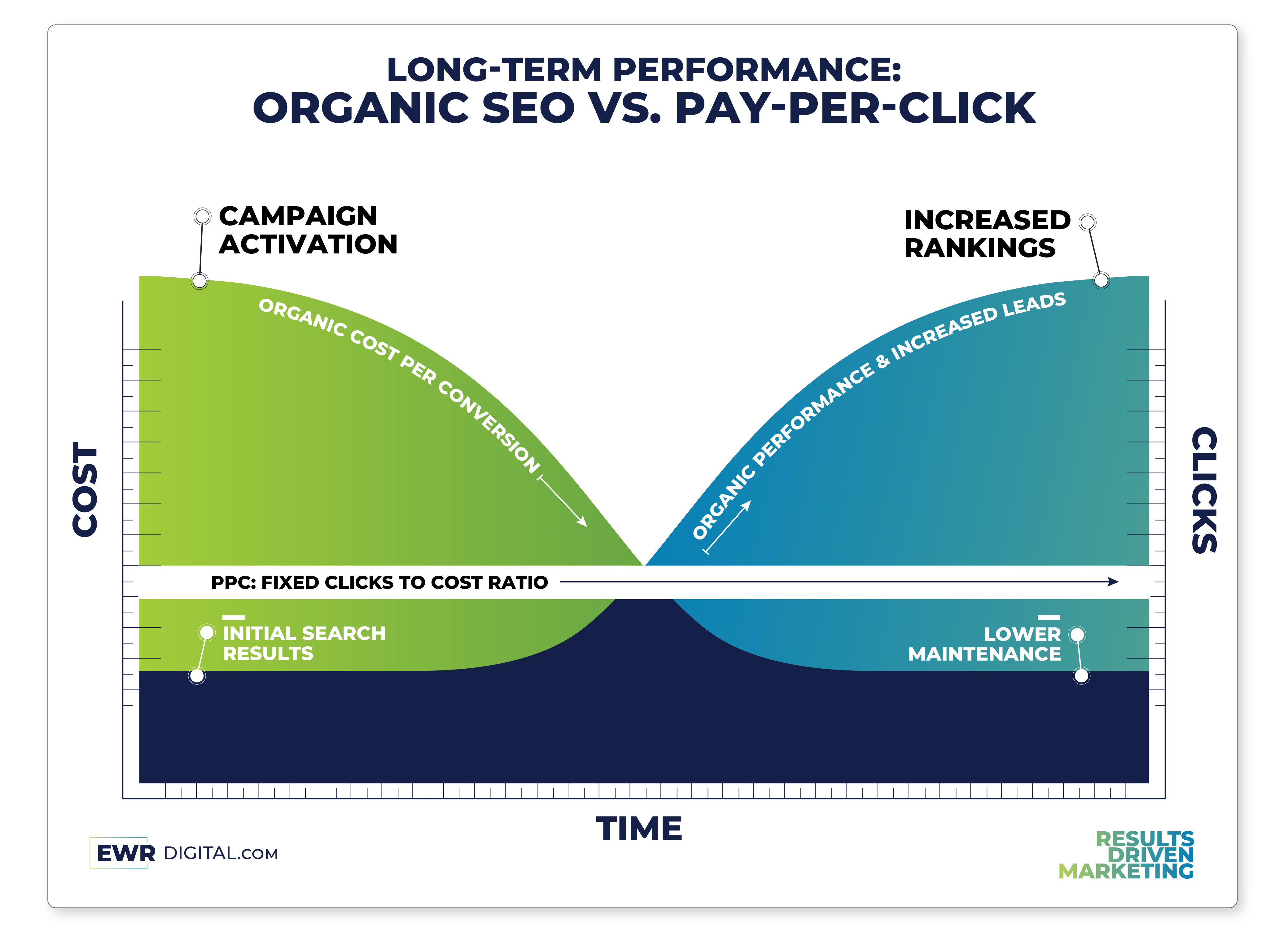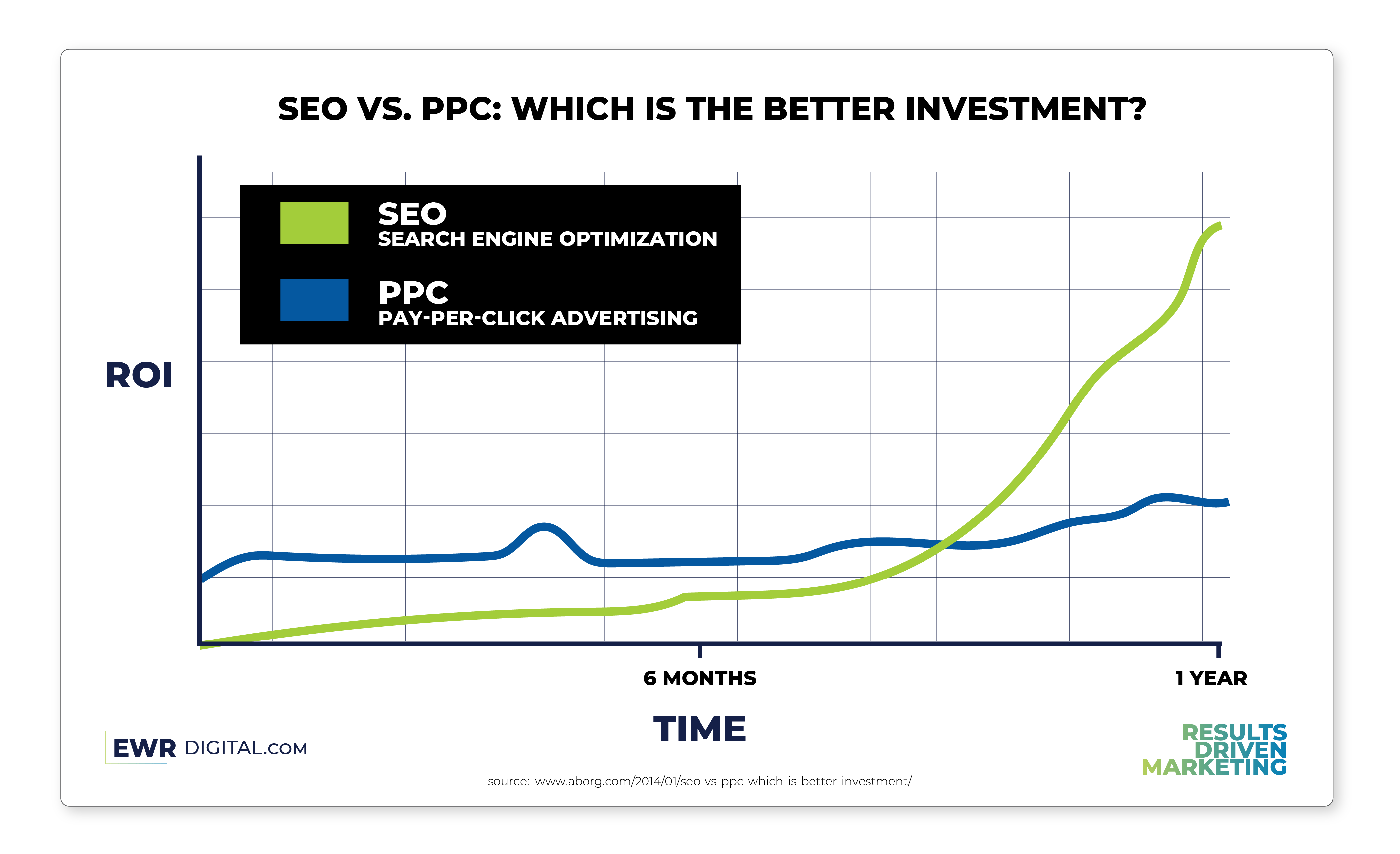

Unlocking Success: SEO Strategies for B2B Websites
In the rapidly evolving digital landscape, where online visibility is the keys to your success, mastering Search Engine Optimization (SEO) is crucial for B2B companines. Optimizing your website for search engines not only enhances visibility but also plays a pivotal role in attracting potential clients.
In this blog, we’ll delve into effective SEO strategies tailored for B2B, with a special focus on the role of long-tail keywords in achieving optimal results.
- Understanding the B2B SEO Landscape: B2B SEO requires a nuanced approach compared to its B2C counterpart. Start by understanding your target audience, their pain points, and the specific terms they use during the decision-making process. This lays the foundation for a tailored SEO strategy.
- Keyword Research for B2B Niches: Conduct comprehensive keyword research to identify terms and phrases relevant to your B2B niche. Look beyond generic keywords and focus on industry-specific terms that potential clients are likely to use in their searches.
- On-Page Optimization: Optimize your website’s on-page elements, including meta titles, meta descriptions, and header tags. Ensure that these elements not only contain relevant keywords but also provide a clear and concise description of your B2B offerings.
- Quality Content Creation: Develop high-quality, informative content that addresses the needs of your target audience. Create blog posts, whitepapers, case studies, and other content assets that showcase your expertise and provide value to visitors. Search engines reward fresh, relevant content.
- Optimizing for User Experience: Search engines prioritize websites that offer a positive user experience. Ensure your website is mobile-friendly, has a clean and intuitive navigation structure, and loads quickly. These factors contribute to a better user experience and positively impact your SEO.
- Building High-Quality Backlinks: Develop a robust backlink strategy by acquiring links from authoritative and relevant websites in your industry. High-quality backlinks serve as a vote of confidence for search engines, signaling the credibility and relevance of your B2B website.
- Local SEO for B2B: For B2B companies with a local presence, optimizing for local search is essential. Claim and optimize your Google My Business profile, ensure consistent business information across online directories, and encourage satisfied clients to leave positive reviews.
- Long-Tail Keywords in B2B SEO: Long-tail keywords, though often overlooked, play a significant role in B2B SEO. These are specific, niche phrases that potential clients are likely to use during their research. Incorporate long-tail keywords naturally into your content, meta tags, and headers to capture highly targeted traffic.
a. The Power of Specificity: Long-tail keywords research offer specificity that generic terms lack. For example, instead of targeting “digital marketing,” consider a long-tail keyword like “B2B content marketing strategy.” This specificity aligns with the intent of B2B researchers, increasing the likelihood of attracting qualified leads.
b. Enhanced Conversion Opportunities: Users searching with long-tail keywords often have a clearer intent and are further along in the decision-making process. By optimizing for these specific phrases, your B2B website can attract visitors with a higher likelihood of converting into clients.
Mastering SEO for B2B companies requires a holistic strategy that combines technical optimization, content creation, and a deep understanding of your target audience. By incorporating long-tail keywords into your Enterprise SEO efforts, you can unlock the full potential of your B2B website, reaching and engaging with the right audience at every stage of their buyer’s journey as well as SEO is a much better long-term investment than PPC Advertising. Stay informed about industry trends, regularly update your content, and adapt your strategy to evolving search engine algorithms to ensure sustained success in the competitive B2B landscape.


SEO is better ROI
